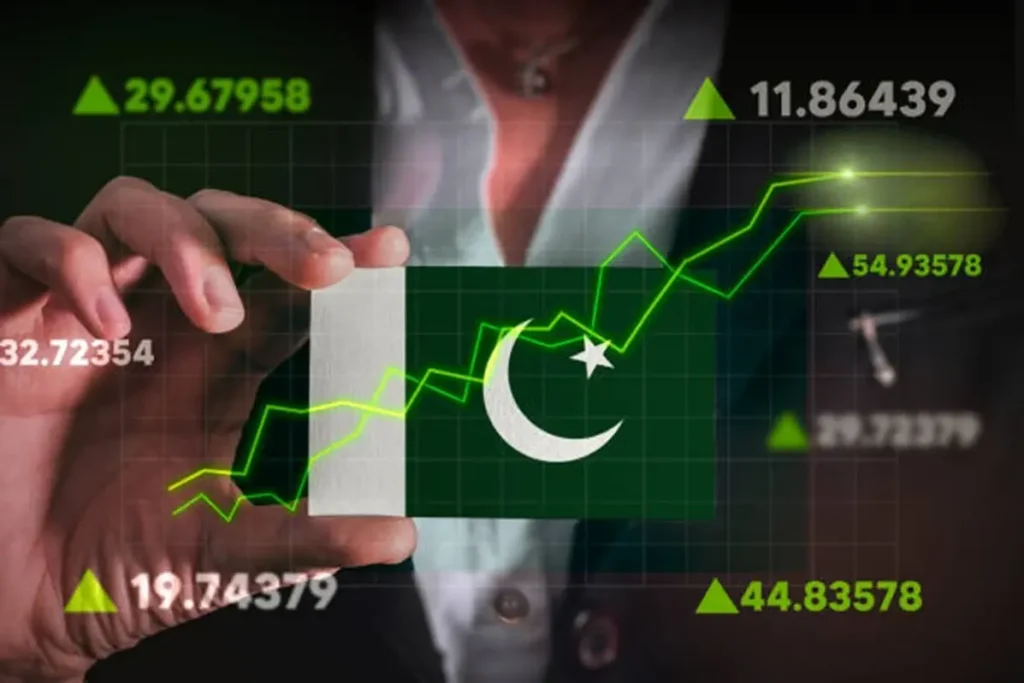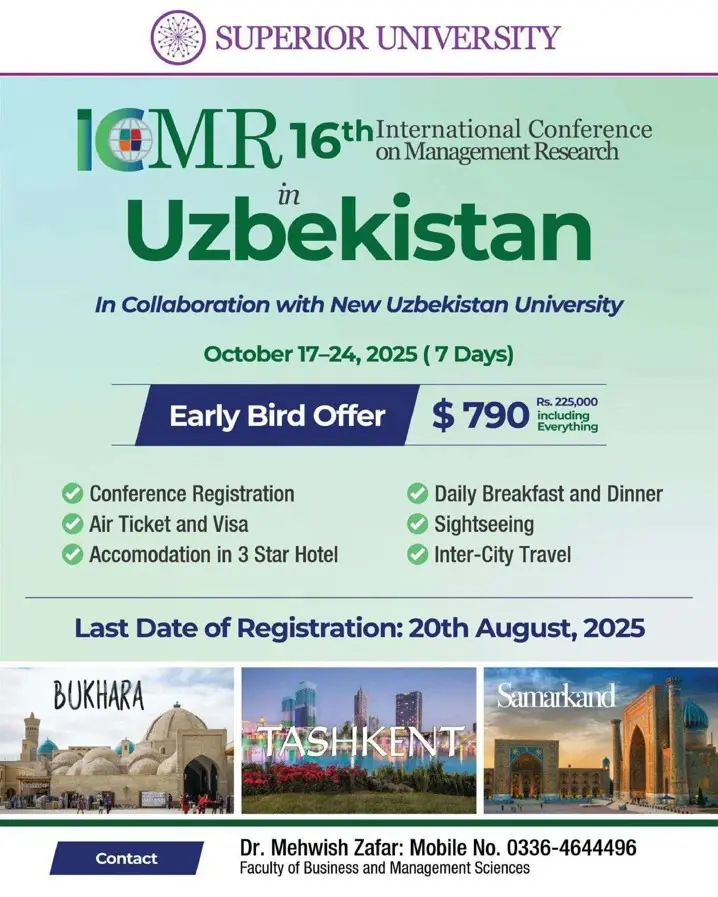


In 2025, Pakistan’s business and investment environment is showing strong signs of improvement, with foreign direct investment (FDI) steadily increasing and business confidence making a notable recovery across multiple sectors. This positive momentum is driven by economic reforms, innovative policy frameworks, and stronger global partnerships that are gradually positioning Pakistan as a competitive investment hub, even amidst global economic uncertainty. According to data from the State Bank of Pakistan, FDI rose by 56% during the first seven months of FY25 (July–January), climbing from $975 million in the same period of FY24 to $1.52 billion. By the end of FY25, total inflows had reached $2.45 billion compared to $2.34 billion in FY24, reflecting a modest but consistent rise that demonstrates renewed investor interest. China continues to dominate the investment landscape, contributing nearly half of all FDI inflows, with its investment surging by 91% year-on-year, reaching $1.22 billion. Hong Kong followed as the second-largest investor with $470 million, and the United Arab Emirates ranked third with $283 million. This trend reflects Pakistan’s heavy reliance on Chinese funding while also highlighting growing interest from other Asian economies.
From a sectoral perspective, the power industry attracted the largest share of investment at $863 million, underscoring the centrality of energy development in Pakistan’s economic strategy. Financial services accounted for $533 million, while oil and gas exploration brought in $219 million, demonstrating a balance between infrastructure needs and investor appetite for financial and natural resource sectors. The Special Investment Facilitation Council (SIFC), a unique civil-military initiative, has been instrumental in driving this progress by reducing bureaucratic hurdles and accelerating decision-making processes. In 2025, the SIFC facilitated agreements worth over $148 million across energy, agriculture, technology, and finance. Notable deals included partnerships with Go Petroleum, Advans Microfinance Bank, Fatima Rice Mills, Shell Pakistan, Total Parco, and Bazaar Technologies, signalling a more streamlined and investor-friendly regulatory landscape.
Encouragingly, optimism within Pakistan’s business community has reached new highs. Gallup Pakistan’s Business Confidence Index reported that in Q2 2025, 61% of businesses anticipated improved conditions the highest since 2021. A key driver behind this shift is the reduction in corruption, with only 15% of businesses reporting having paid bribes in the past six months compared to 34% at the end of 2024. This progress in governance and transparency is further enhancing Pakistan’s investment appeal. However, despite these achievements, challenges remain. Heavy external debt obligations, dependence on imported energy, and vulnerability to global economic shocks continue to pose risks. Policymakers are therefore prioritizing diversification of investment sources to reduce reliance on a single partner. The announcement of a $1 billion port development project by Hong Kong-based CK Hutchison reflects this growing trend of diversification and demonstrates rising global investor confidence in Pakistan’s logistics and infrastructure sectors.
Looking ahead, the integration of higher FDI inflows, broader sectoral diversification, and stronger business confidence presents Pakistan with an opportunity to convert cautious optimism into a sustained growth trajectory. However, realizing this potential will require consistent policymaking, structural reforms, and greater diversification of investment partnerships to safeguard long-term economic stability. If Pakistan continues to foster investor trust, encourage entrepreneurship, and address its systemic weaknesses, 2025 could mark the beginning of a transformative era in which the country evolves into a stronger, more diverse, and investment-driven economy.



Saad Salman is a PhD scholar in Business Administration at Superior University, Lahore, and currently serves as a Lecturer in Economics at the CARBS Department within the Faculty of Business Management and Sciences, Superior University, Lahore. His research interests focus on advancing knowledge in business and economics, with a commitment to academic development and impactful scholarship.
Please note that all opinions, views, statements, and facts conveyed in the article are solely those of the author and do not necessarily represent the official policy or position of Chaudhry Abdul Rehman Business School (CARBS). CARBS assumes no liability or responsibility for any errors or omissions in the content. When interpreting and applying the information provided in the article, readers are advised to use their own discretion and judgement.
If you are interested to write for CARBS Business Review Contact us!